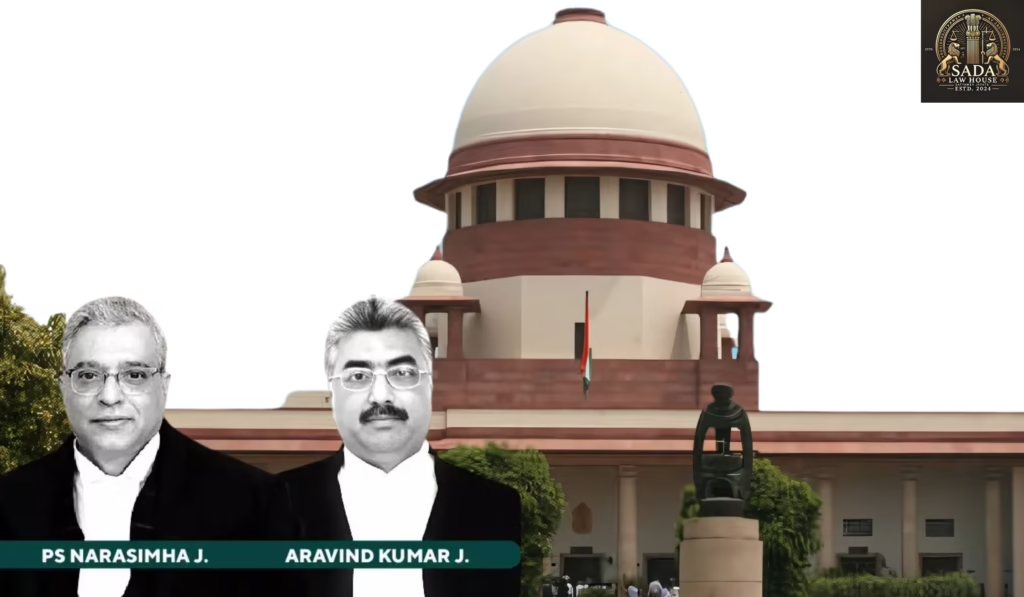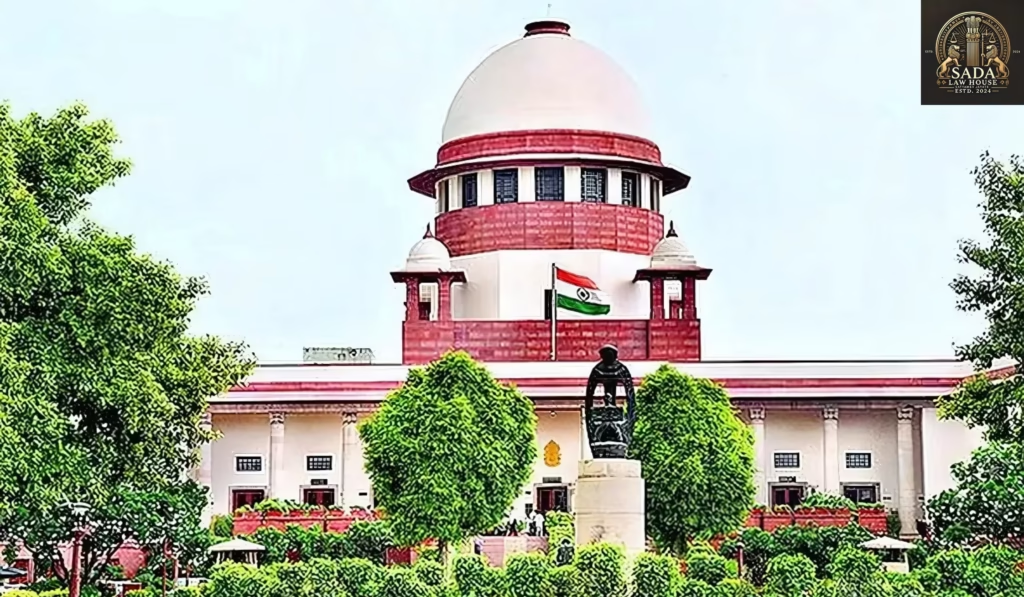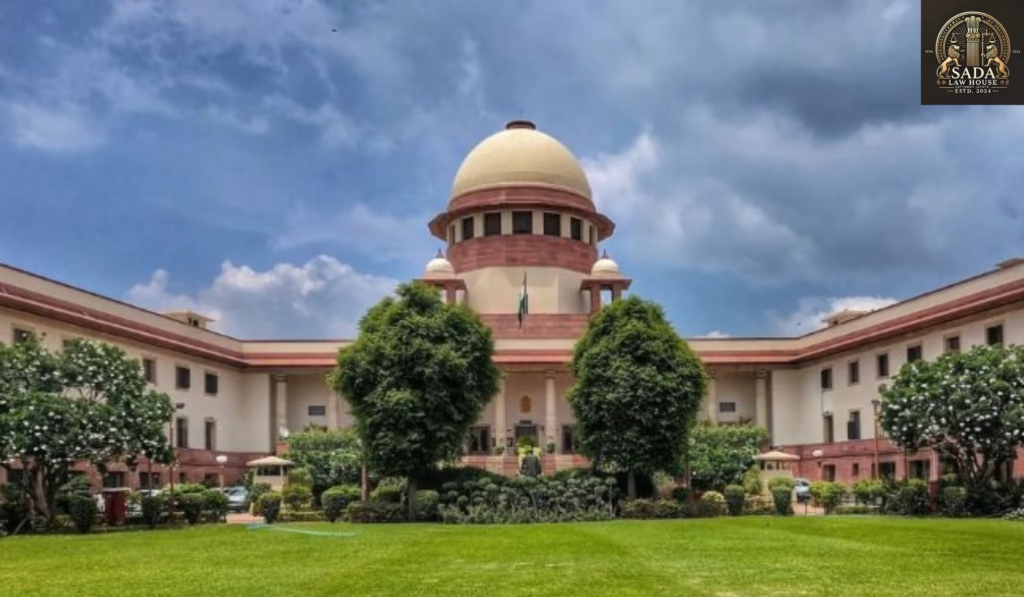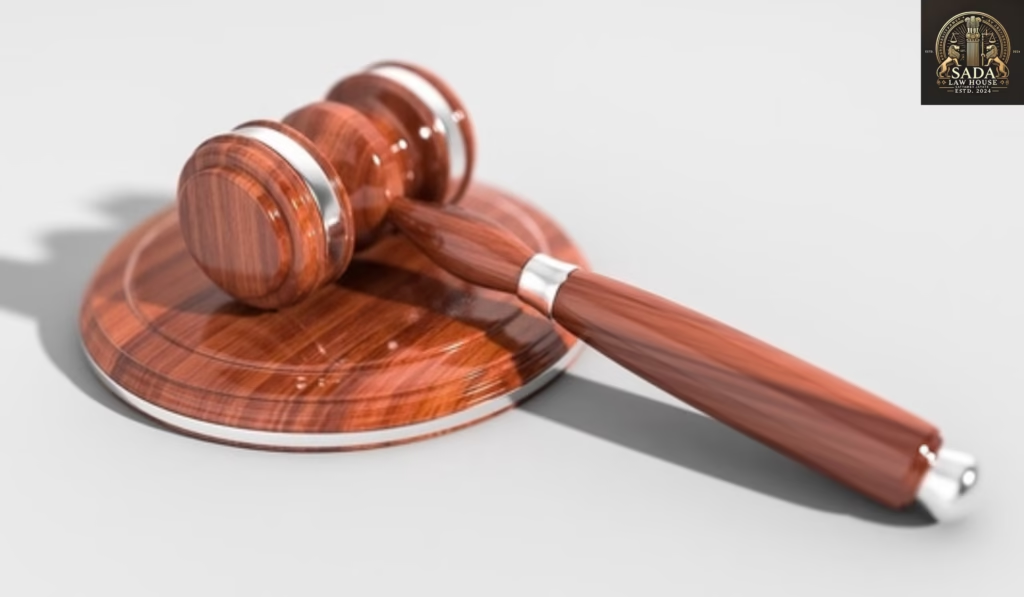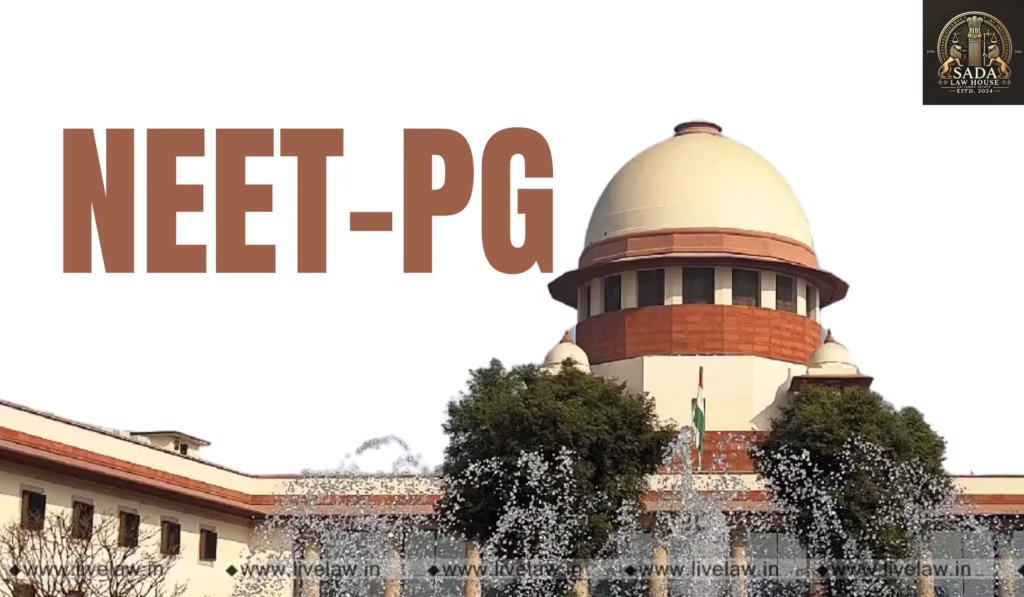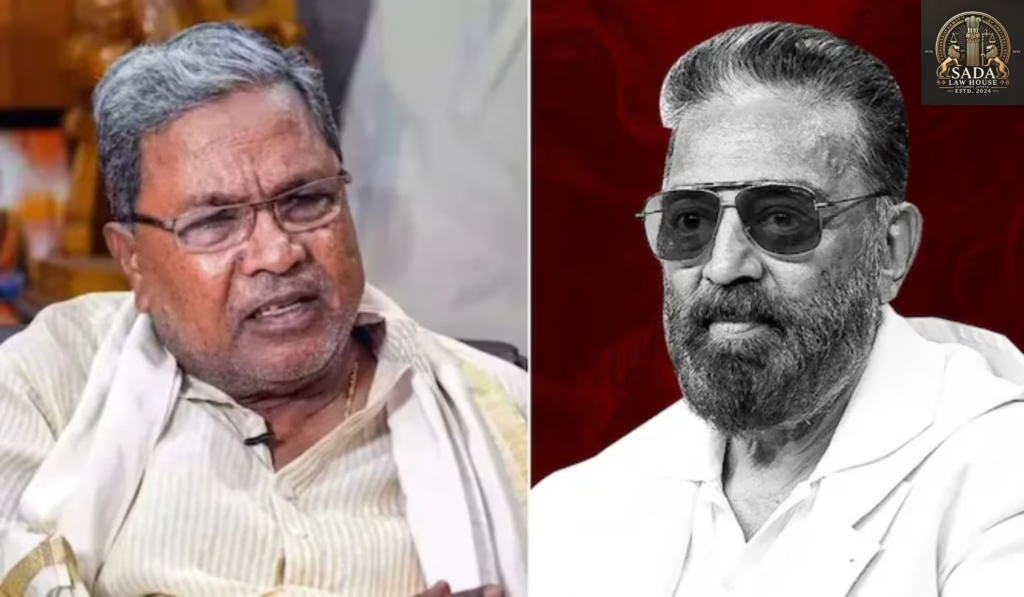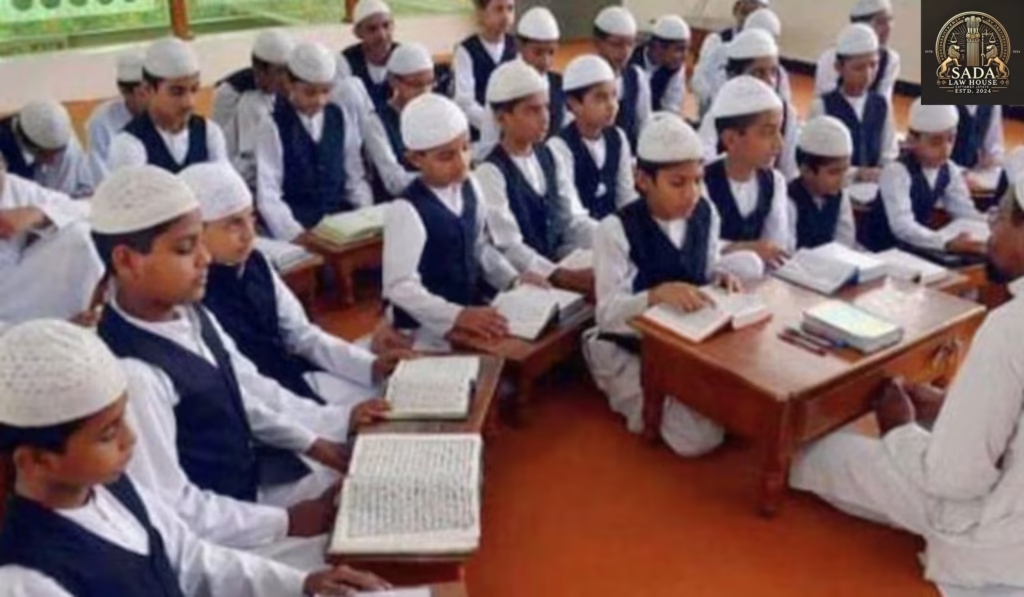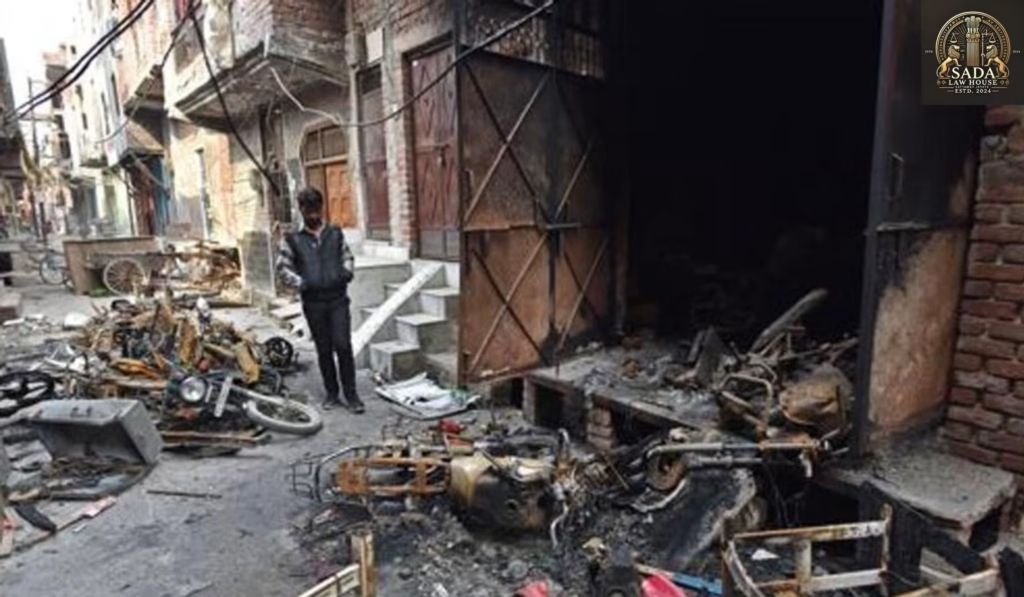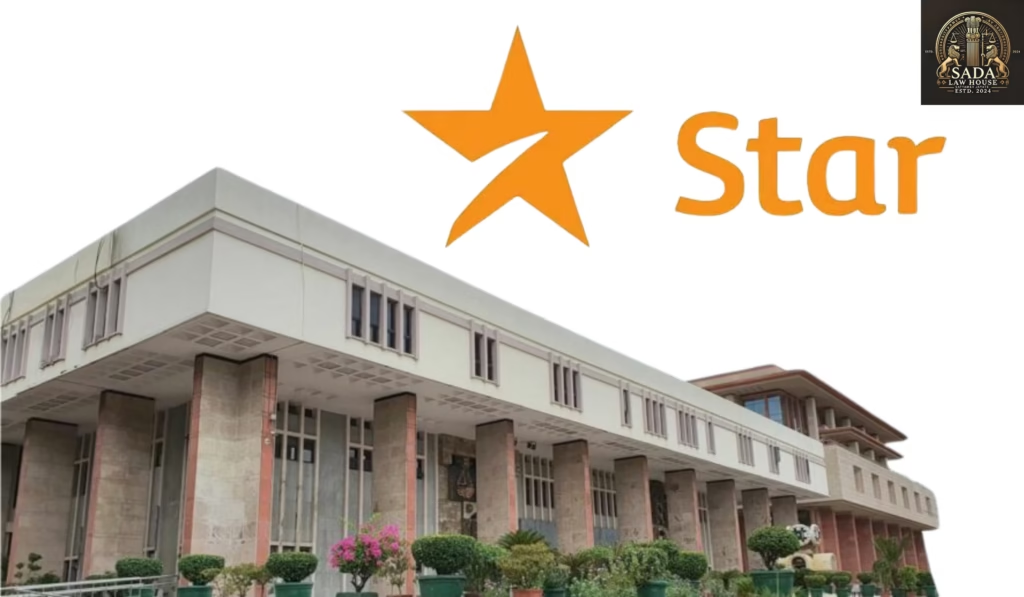Supreme Court Clarifies Section 102(3) CrPC: Delay in Reporting Seizure Does Not Invalidate It – Shento Varghese v. Julfikar Husen (2024)
Trending Today Supreme Court Clarifies Section 102(3) CrPC: Delay in Reporting Seizure Does Not Invalidate It – Shento Varghese v. Julfikar Husen (2024) Supreme Court Rules Bail Cancellation Requires Just Cause, Protects Personal Liberty Supreme Court Issues Notice on Son’s Plea Against Assam Police for Illegal Detention and Deportation to Bangladesh Woman Faces Criminal Charges for Concealing ₹10 Lakh in Divorce Settlement in Delhi NEET-PG 2025 Postponed: Supreme Court Directs Single-Shift Exam for Transparency and Fairness Allahabad High Court Upholds ₹273.5 Crore GST Penalty on Patanjali Ayurved Kamal Haasan’s “Kannada from Tamil” Comment Sparks Legal Row and Film Boycott Threats Supreme Court Questions Government Over Non-Recognition of Madarsa Degrees Like Kamil and Fazil Delhi Riots Conspiracy Case: Fresh Hearing Begins After Judge Transfers in Higher Judiciary Delhi High Court Issues Dynamic Injunction to Block Illegal Streaming of ICC World Cup by Rogue Websites Supreme Court Clarifies Section 102(3) CrPC: Delay in Reporting Seizure Does Not Invalidate It – Shento Varghese v. Julfikar Husen (2024) REHA BHARGAV 05 June 2025 Discover how the Supreme Court of India interpreted Section 102(3) of the Code of Criminal Procedure in the 2024 case Shento Varghese v. Julfikar Husen. Learn the legal stance on delayed seizure reporting and its impact on the validity of police actions. Introduction In a landmark ruling on May 13, 2024, the Supreme Court of India delivered a critical interpretation of Section 102(3) of the Code of Criminal Procedure (CrPC), 1973. The case, Shento Varghese v. Julfikar Husen & Ors., addressed the legality of police seizures and the implications of procedural delays in reporting them to a Magistrate. This decision is a significant legal precedent in cases involving freezing of bank accounts during criminal investigations. Background and Facts of the Case Shento Varghese, a deliveryman at a jewelry firm named “PR Gold,” alleged that the respondents defrauded him by exchanging fake gold bars for genuine gold chains. Police investigations revealed that ₹19,83,036 had been transferred into the respondents’ bank accounts. On January 9, 2023, the police froze these accounts under Section 102(1) CrPC. However, the seizure was reported to the Magistrate only after a delay of nearly three weeks. The Madras High Court ordered the de-freezing of the accounts solely due to this delay. The appellant, Shento Varghese, then approached the Supreme Court to challenge this order. Legal Issue Does delayed reporting of a seizure to the Magistrate under Section 102(3) CrPC invalidate the seizure itself? This question prompted a critical legal review of police powers and the role of procedural safeguards in criminal proceedings. Arguments Presented Petitioner/Appellant (Shento Varghese): The seizure was valid under Section 102(1) CrPC, directly linked to a criminal fraud. The delay in reporting was a procedural irregularity, not a substantive illegality. The accused failed to prove any prejudice caused by the delay. Respondents (Accused): Argued that Section 102(3) mandates reporting seizures to the Magistrate “forthwith”, implying immediate compliance. Delay violated their statutory rights and compromised judicial oversight. Cited precedent from Tmt. T. Subbulakshmi v. Commissioner of Police (2013) in support of their claim that non-compliance vitiates seizures. Asserted irreparable harm due to loss of opportunity to contest the seizure in time. Supreme Court Judgment: Key Highlights Ratio Decidendi The Court held that delayed reporting under Section 102(3) does not nullify a seizure made under Section 102(1) CrPC. “A delay in reporting seizure to the Magistrate does not vitiate the seizure under Section 102(1) CrPC.” Obiter Dicta The Court emphasized: Importance of procedural discipline. The role of judicial oversight in protecting individual rights. Need to balance law enforcement efficiency with citizens’ constitutional protections. Guidelines and Legal Clarification The Supreme Court issued key takeaways: Police can legally seize property, including bank accounts, under Section 102(1) CrPC. Delay in reporting the seizure does not make it unlawful. Courts should focus on the substantive connection between seized property and the alleged crime. Minor procedural delays cannot override the purpose of criminal justice. Conclusion The ruling in Shento Varghese v. Julfikar Husen offers crucial clarity on the interpretation of Section 102 CrPC. It confirms that substantive justice prevails over procedural technicalities when law enforcement actions are grounded in legality. By drawing the line between procedural errors and substantive legality, the Supreme Court upholds both the efficiency of police investigations and the rights of individuals involved in criminal proceedings. Leave a Reply Cancel Reply Logged in as Sada Law. Edit your profile. Log out? Required fields are marked * Message* Case Laws Supreme Court Clarifies Section 102(3) CrPC: Delay in Reporting Seizure Does Not Invalidate It – Shento Varghese v. Julfikar Husen (2024) Supreme Court Clarifies Section 102(3) CrPC: Delay in Reporting Seizure Does Not Invalidate It – Shento Varghese v. Julfikar Husen (2024) Sada Law • June 5, 2025 • Case law • No Comments Incarceration Due to Trial Delay Violates Article 21: Supreme Court Grants Bail Despite NDPS Act Bar – Ankur Chaudhary v. State of Madhya Pradesh (2024) Incarceration Due to Trial Delay Violates Article 21: Supreme Court Grants Bail Despite NDPS Act Bar – Ankur Chaudhary v. State of Madhya Pradesh (2024) Sada Law • June 4, 2025 • Case law • No Comments Supreme Court Rules Advocates Not Liable for Deficiency of Services Under Consumer Protection Act – Key Case Analysis Supreme Court Rules Advocates Not Liable for Deficiency of Services Under Consumer Protection Act – Key Case Analysis Sada Law • June 4, 2025 • Case law • No Comments 1 2 3 … 5 Next »

